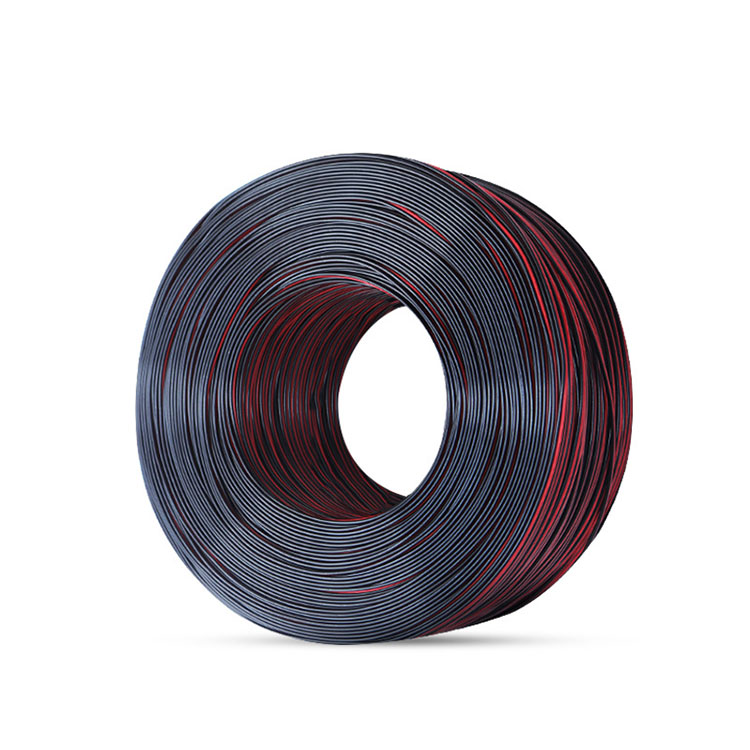How to Choose the Right Power Cable for Extreme Environmental Conditions
2025-11-25
Selecting a Power Cable for demanding applications is a critical decision that impacts safety, reliability, and operational costs. When your projects face extreme heat, cold, moisture, or chemical exposure, standard cables simply won't suffice. This is where the engineered resilience of a Paidu Power Cable becomes indispensable. Our cables are specifically designed to perform where others fail, ensuring uninterrupted power flow in the world's toughest environments.
Key Parameters for Your Power Cable Checklist
To make an informed choice, you must evaluate several technical parameters. Here is a breakdown of the most critical factors:
-
Temperature Rating: The cable must withstand both the ambient temperature and the heat generated by the current flow.
-
Ingress Protection (IP) Rating: This indicates the level of protection against solid objects and moisture.
-
Chemical and Oil Resistance: Essential for industrial settings where exposure to corrosive substances is likely.
-
Abrasion and Mechanical Impact Resistance: Protects the cable from physical damage during installation and operation.
-
Flexibility: Important for applications requiring frequent movement or complex routing.
The table below illustrates how Paidu cables are built to meet these rigorous demands:
| Parameter | Standard Cable | Paidu Extreme Environment Cable |
|---|---|---|
| Operating Temperature | -20°C to 60°C | -50°C to 90°C |
| IP Rating | IP66 | IP68 (Submersible) |
| Jacket Material | PVC | Specialized Cross-Linked Polyethylene (XLPE) |
| Oil & Chemical Resistance | Limited | Excellent (Resistant to oils, acids, and alkalis) |
| Abrasion Resistance | Moderate | High (Tested under severe conditions) |
Power Cable FAQ
What makes a Power Cable suitable for high-temperature environments?
A high-temperature Power Cable uses specialized insulation and jacketing materials like XLPE or Silicone Rubber. These materials prevent melting, cracking, and degradation, ensuring stable electrical performance and safety. Paidu cables with XLPE insulation maintain integrity and flexibility even at sustained temperatures up to 90°C.
How does moisture affect a Power Cable and how can I prevent it?
Moisture ingress can lead to short circuits, corrosion of conductors, and complete cable failure. Prevention requires a robust jacket material and a high IP (Ingress Protection) rating. Choosing a Paidu Power Cable with an IP68 rating guarantees protection against long-term immersion in water, making it ideal for underground, marine, and wet industrial applications.
Can I use a standard Power Cable in an area with exposure to chemicals or oils?
No, standard PVC jackets can degrade, swell, and become brittle when exposed to chemicals and oils, creating a serious safety hazard. For such conditions, you need a cable with a chemically resistant jacket. Paidu cables are engineered with a compound that resists a wide range of oils, acids, and solvents, significantly extending the cable's service life.
Don't let harsh conditions compromise your operations. Choosing the right Power Cable is not just a specification—it's a commitment to safety and continuity. The advanced engineering of Paidu products provides the durability and reliability your critical applications demand.
Contact us today for a free consultation with our technical experts. We will help you select the precise Paidu Power Cable tailored to your specific environmental challenges.
